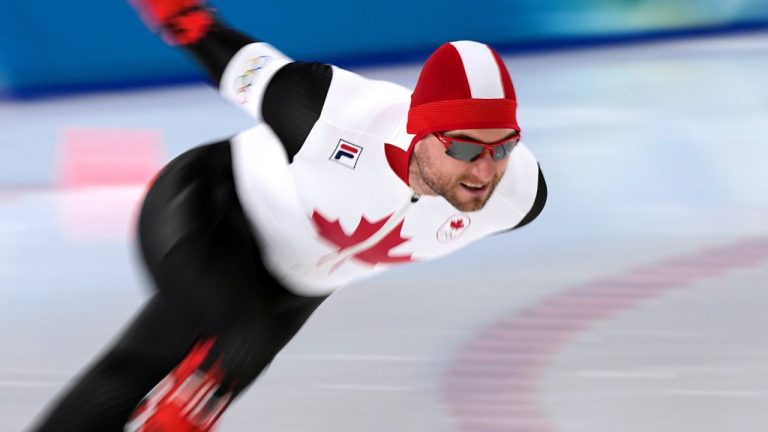Kennedy calls on NHL to make critical changes to help players like Beach
Posted Oct 28, 2021 9:01 am.
Last Updated Oct 28, 2021 9:04 am.
Editor’s note: The following story deals with sexual assault, and may be upsetting for some readers. If you or someone you know is in need of support, you can find province-specific centres, crisis lines, and services here.
Sheldon Kennedy has been in the same position as Kyle Beach and wants to see the NHL create the infrastructure that not only helps others in potential situations going forward, but that also educates others so that this doesn’t happen again.
Beach identified himself as one of the victims alleging he was sexually assaulted by a former Chicago Blackhawks video coach in an interview with TSN’s Rick Westhead.
READ MORE: Kyle Beach identifies himself as victim in Chicago Blackhawks sexual assault case
Speaking during Hockey Central, Kennedy thinks that even though this is a disappointing situation, it’s also a teachable moment. He also believes that in order to avoid situations like this in the future, changes need to happen and it won’t be enough to just implement policies and procedures.
“There needs to be a real, clear knowledge on how to get better, we need to get to the bottom line and get to the truth because until we do, we can’t start getting better,” Kennedy said.
“The league needs to learn and make sure that they’ve created the infrastructure within every organization to not only educate every single person, but they also have to have a clear pathway for those to be able to receive help, and have a clear action plan for when that disclosure comes forward.”
In 1996, Kennedy approached the Calgary police department and revealed that he was the victim of sexual abuse more than 350 times during his playing days with the Swift Current Broncos between 1984 and 1990 by head coach Graham James.
RELATED:
-
Blackhawks GM Stan Bowman steps aside after conclusion of sexual misconduct investigation
-
NHL fines Blackhawks $2M in response to sexual misconduct investigation
Since then, he has worked tirelessly over the last two decades to educate organizations, coaches, parents, and athletes about the dangers of abuse in sport. Kennedy’s organization, Respect in Sport, has worked to train coaches, parents and athletes about how to identify and prevent sexual abuse.
“If you look at the Chicago case and in over 20,000 cases we’ve investigated at the child advocacy centres in Alberta … over 98 per cent of them, the child of the person knows their abuser, and over 50 per cent of those cases, those kids who those individuals are abused within their own family,” Kennedy said. “When I look at this situation, the bystanders that were here knew that this was wrong but didn’t have the confidence to come forward, we feel is our best defence.
“We’ve spent our time trying to focus on the 99 per cent of good people and give them the tools to be better, try to make them more confident around these issues for conversations to happen with clear language, and a clear pathway to say help.”








